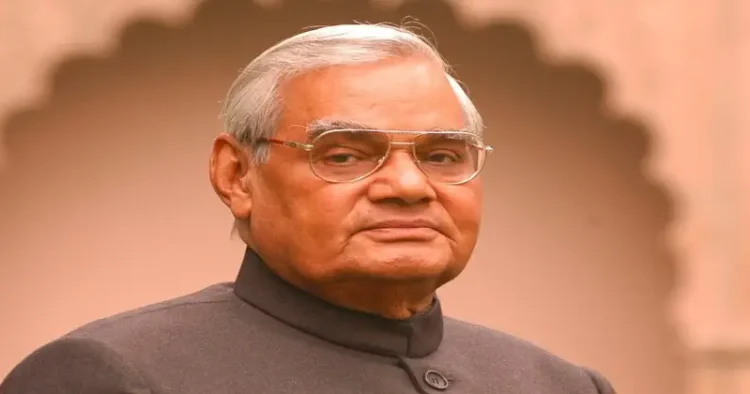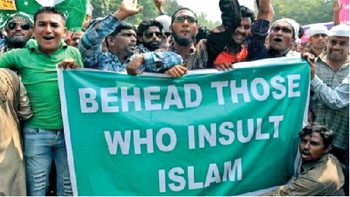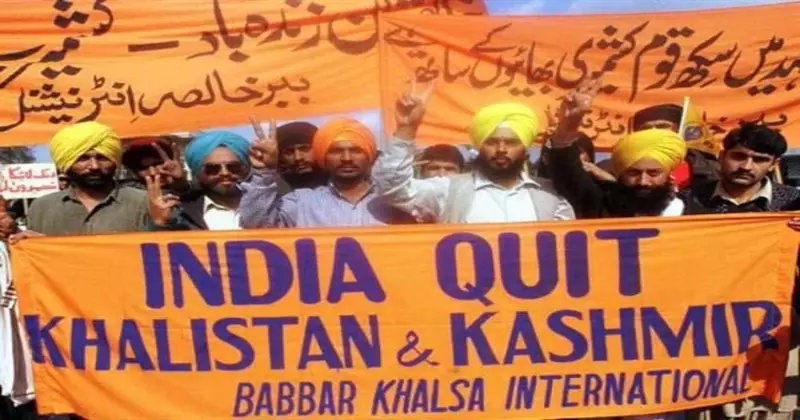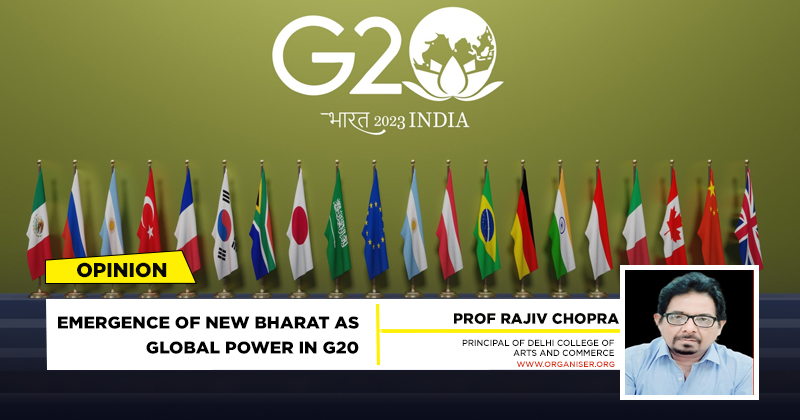Atal Bihari Vajpayee, the charismatic and visionary leader, served as the Prime Minister of India three times, leaving an indelible mark on the nation’s political landscape. His tenure, characterised by pragmatism, inclusivity, and a commitment to economic reforms, is fondly remembered as a golden era in Indian politics. Vajpayee’s demise in 2018 marked the end of an era, but his legacy continues to inspire and guide the nation. Thus, the intent here is to reflect upon the remembrance of Atal Bihari Vajpayee and analyse how the Modi government is striving to fulfill his dreams.
Atal Bihari Vajpayee’s political journey was a testament to his resilience and commitment to the idea of a prosperous and united India. A stalwart of the Bharatiya Janata Party (BJP), Vajpayee’s leadership was marked by his ability to build consensus across party lines, fostering a spirit of cooperation and national unity. His oratorical skills and poetic prowess earned him admiration even from political rivals.
Vajpayee’s tenure as Prime Minister, especially from 1998 to 2004, witnessed significant milestones. The nuclear tests at Pokhran in 1998 solidified India’s position as a nuclear power, and the subsequent diplomatic efforts showcased Vajpayee’s statesmanship on the global stage. His commitment to economic reforms, exemplified by initiatives like the National Highways Development Project (NHDP) and the privatisation of state-owned enterprises, aimed at fostering economic growth and development,.
Vajpayee’s vision extended beyond the realms of politics and economics; he championed social harmony and inclusive governance. His government actively pursued policies that emphasised the welfare of marginalised communities, fostering an environment of social justice. The Sarva Shiksha Abhiyan (Education for All Campaign) and the Pradhan Mantri Gram Sadak Yojana (rural road development scheme) were emblematic of his commitment to empowering every citizen.
The Modi government, led by Prime Minister Narendra Modi, has often expressed its commitment to building upon the legacy of Atal Bihari Vajpayee. From foreign policy to economic reforms and social initiatives, the government has sought to continue the trajectory set by the Vajpayee administration.
On the economic front, the Modi government has undertaken ambitious reforms such as the Goods and Services Tax (GST) and demonetization, with the goal of streamlining the economy and curbing corruption. While these measures have been met with mixed reviews, they underscore a commitment to transformative change, reminiscent of Vajpayee’s economic vision.
In terms of infrastructure development, the Modi government’s flagship initiative, the Pradhan Mantri Gram Sadak Yojana (PMGSY), aligns with Vajpayee’s emphasis on rural connectivity. The ambitious project aims to provide all-weather road connectivity to rural areas, mirroring Vajpayee’s commitment to enhancing rural infrastructure through the NHDP.
On the international stage, the Modi government’s proactive approach and emphasis on strengthening India’s global standing resonate with Vajpayee’s diplomatic acumen. The ‘Act East’ policy, outreach to neighbouring countries, and active participation in international forums all reflect a continuity of Vajpayee’s vision of a globally influential India.
The government’s focus on social inclusion and welfare schemes, such as the Pradhan Mantri Jan Dhan Yojana, Pradhan Mantri Ujjwala Yojana, and Ayushman Bharat, demonstrates a commitment to uplifting the underprivileged, aligning with Vajpayee’s social justice agenda.
Atal Bihari Vajpayee’s legacy remains etched in the collective memory of the nation. His vision of a prosperous, united, and inclusive India continues to influence political discourse and policymaking. While the Modi government has made commendable efforts to carry forward Vajpayee’s dreams, the challenges and criticisms highlight the complexity of governance in a diverse and dynamic country like India. As the nation moves forward, it is essential to reflect on Vajpayee’s ideals and strive for a harmonious and prosperous India that pays homage to the statesmanship of one of its greatest leaders.
Principal, Delhi College of Arts & Commerce, Netaji Nagar, Delhi University























Comments